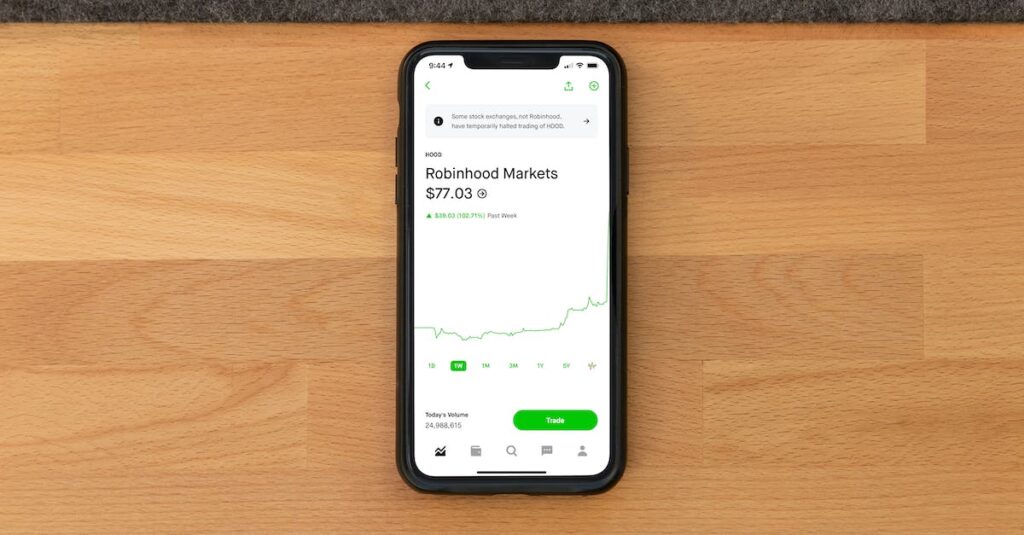Introduction
Retirement planning is a crucial aspect of personal finance. As individuals near retirement age, they often rely on their investment portfolios to provide a steady stream of income. However, market volatility can pose significant challenges to retirement portfolios. In this article, we will explore the impact of market volatility on retirement portfolios and discuss strategies to navigate through uncertain times.
What is market volatility?
Market volatility refers to the rapid and significant price fluctuations of financial assets traded in the market. It is essentially the measure of uncertainty or risk in the financial markets. Market volatility can be caused by various factors, including economic events, geopolitical tensions, industry trends, and investor sentiment.
The impact of market volatility on retirement portfolios
Increased risk
One of the primary impacts of market volatility on retirement portfolios is increased risk. When markets become highly volatile, the value of investments can fluctuate dramatically. This poses a risk to retirement portfolios, as a significant decline in the value of investments may result in a lower income stream during retirement.
Emotional stress
Market volatility can also lead to emotional stress for retirees. Watching the value of their retirement savings fluctuate can be anxiety-inducing, causing retirees to question their investment decisions and financial security. Emotional stress can be detrimental to decision-making and may lead to impulsive investment choices that can harm long-term financial goals.
Potential losses
During periods of market volatility, there is a higher likelihood of incurring investment losses. If retirees are forced to sell their investments during a market downturn to cover living expenses, they may lock in these losses and deplete their retirement savings faster than anticipated. This can have a long-lasting impact on their financial well-being.
Long-term implications
Market volatility not only affects retirees in the short term but also has long-term implications. If retirements portfolios experience significant losses during market downturns, it can be challenging to recover those losses, especially for retirees who rely heavily on their investment income. This can lead to a lower quality of life during retirement or the need to reconsider retirement plans altogether.
Navigating through market volatility
While market volatility is inevitable, there are strategies that retirees can implement to navigate through uncertain times and protect their retirement portfolios.
Diversification
One of the key strategies is diversification. By spreading investments across various asset classes, such as stocks, bonds, real estate, and commodities, retirees can reduce the impact of market volatility on their portfolios. Diversification allows for a more balanced and potentially less risky investment approach.
Regular portfolio review
Retirees should regularly review their investment portfolios with a financial advisor to ensure they are aligned with their retirement goals and risk tolerance. This includes adjusting the portfolio allocation, rebalancing investments, and considering new opportunities or asset classes that may offer greater stability during market volatility.
Focus on long-term goals
It is essential for retirees to maintain a long-term perspective and not react impulsively to short-term market movements. By focusing on their long-term goals and retirement objectives, retirees can avoid making emotional decisions that could harm their portfolios. Working closely with a financial advisor can provide the necessary guidance and reassurance during uncertain times.
Emergency fund
Having an emergency fund is crucial, especially during periods of market volatility. This fund provides a buffer for retirees to cover unexpected expenses without relying on their retirement portfolios or being forced to sell investments at unfavorable times. An emergency fund can help retirees weather financial storms and maintain their long-term retirement plans.
Summary
Market volatility can have a significant impact on retirement portfolios, posing increased risk and emotional stress for retirees. However, by implementing strategies such as diversification, regular portfolio review, focusing on long-term goals, and maintaining an emergency fund, retirees can navigate through uncertain times more effectively. It is important to stay informed, seek professional advice, and remain disciplined to protect retirement portfolios and ensure a secure financial future.







